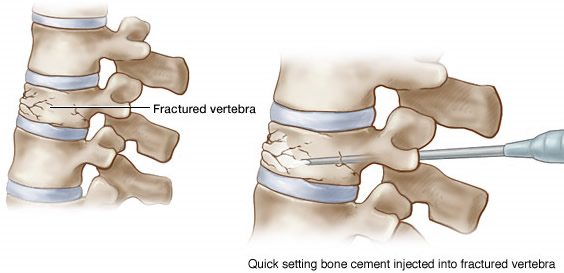Results for: placebo

Do doctors pay attention to negative randomized clinical trials?
We at the Science-Based Medicine blog believe that all medicine, regardless of where it comes from, should be held to a single science-based standard with regards to efficacy, effectiveness, and safety. We tend to focus primarily on “complementary and alternative medicine” (CAM), now more commonly known as “integrative medicine,” because (1) we believe it to be undermining the scientific basis of medicine...
Rationalizing the Ridiculous: Acupuncture
I remain flummoxed. How do physicians and health care systems, trained in all the sciences that lie at the heart of medicine, justify the use of pseudo-medical interventions with no basis in reality? Rationalization. Making excuses: a defense mechanism in which controversial behaviors or feelings are justified and explained in a seemingly rational or logical manner to avoid the true explanation, and...
The Human Mold: Another Example of Self-Deception
José Jarimba believes that our bodies are physically molded into an asymmetric form by our mothers’ sleeping positions during pregnancy, that this has lifelong adverse impacts on health, and that shoe inserts can eliminate pain and other health problems by realigning the body. This is a silly untested hypothesis by a single individual. As such, it would be too minor to merit...
CAM and Headaches
A recent editorial entitled “CAM in the Real World: You May Practice Evidence-Based Medicine, But Your Patients Don’t” published in Headache: The Journal of Head and Face Pain by Robert Cowan, a headache specialist, addresses the use of complementary and alternative medicine (CAM) in the treatment of headaches. Unfortunately he propagates many common misconceptions about CAM in the article. I do agree...
The Unpersuadables
We would like to believe people are rational. We would like to believe that if they have formed a false belief based on inaccurate information and poor reasoning, they will change that belief when they are provided with accurate information and better reasoning. We are frequently disappointed. An example of what should happen I recently talked with a college professor who believed...
A Touch to Fear: Chiropractic and the Newborn Baby
A significant part of my job as a pediatric hospitalist involves caring for newborns. It is arguably the best thing that I get to do as a physician, even if I do at times prefer the increased intellectual stimulation of the ill hospitalized child. While seeing newborns, I am almost always surrounded by happy and appreciative parents, grandparents and whoever else is...

Naturopathy vs. Science: Facts edition
This is another post in the naturopathy versus science series, where a naturopath’s advice is assessed against the scientific literature. When you think medicine, your first thought may be “physician”. But the practice of medicine today is a collaboration, as few health professionals, even physicians, can deliver health care completely independently. As a pharmacist I’ve worked closely with physicians, nurses, and other...

A balanced look at gluten sensitivity
Even though it doesn’t appear on any calendar, May 2014 will go down in history as “gluten sensitivity month.” After RealClearScience picked up on a 2013 paper that brought into question the existence of non-celiac gluten sensitivity (NCGS), news sites were obliged to post their own analysis of the article, and the blogosphere was alight with pro- and anti-gluten posts. One of...

Separating Fact from Fiction in Pediatric Medicine: Nocturnal Enuresis
Nocturnal enuresis, more commonly known as bedwetting, is a normal problem that resolves on its own for most children. Chiropractors claim they can treat it. They can't, but they will take the credit for kids doing it themselves.
Why People Continue to use SCAMs
I remain curious as to why people use, and continue to use, useless pseudo-medicines. I read the literature, but I find the papers unsatisfactory. They seem incomplete, and I suspect there are as many reasons people choose a pseudo-medicine as those use them. There are numerous surveys on what SCAMs people use. Designing and offering these surveys to every possible medical condition...

